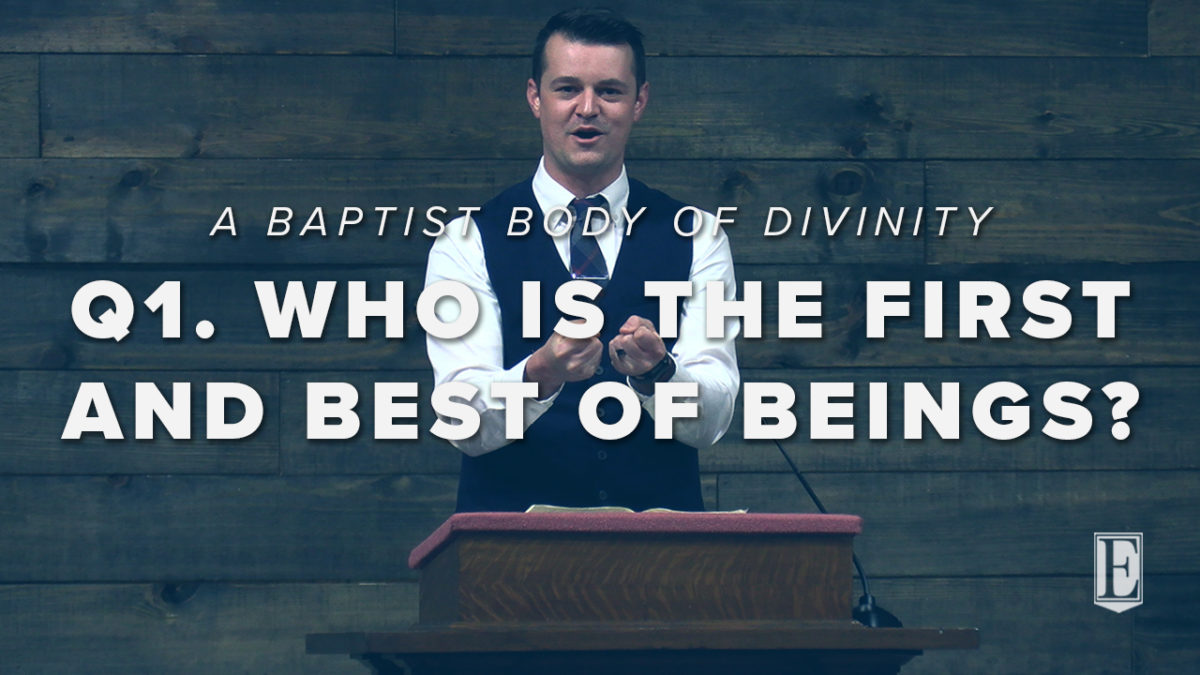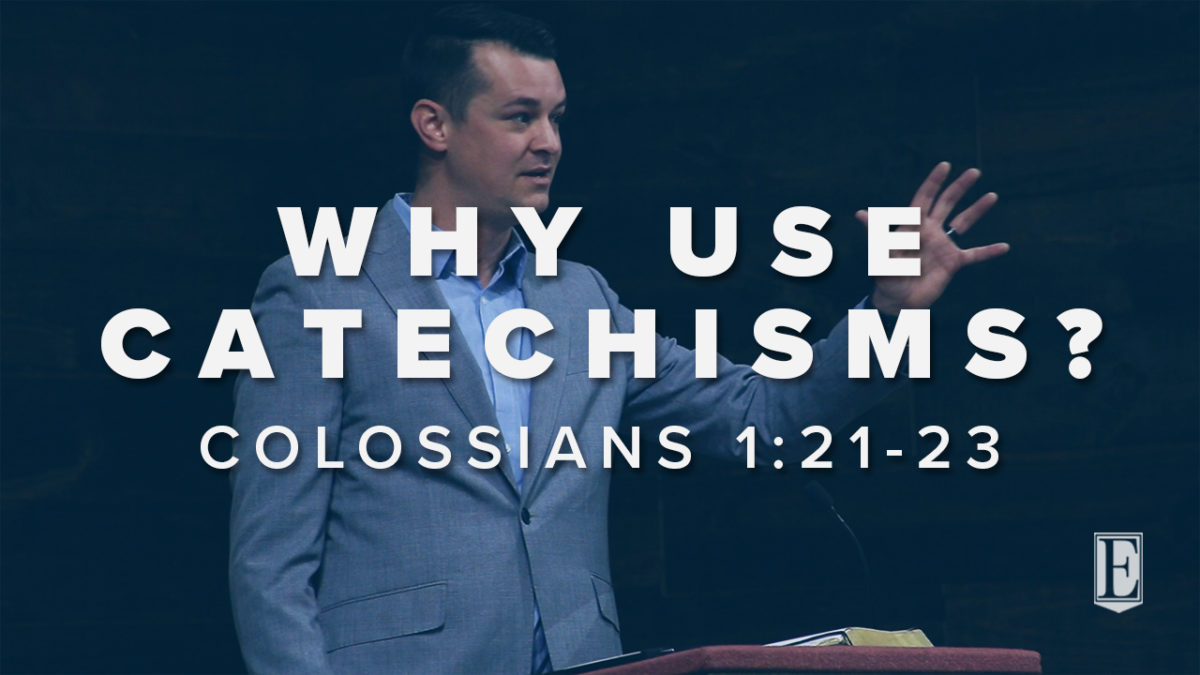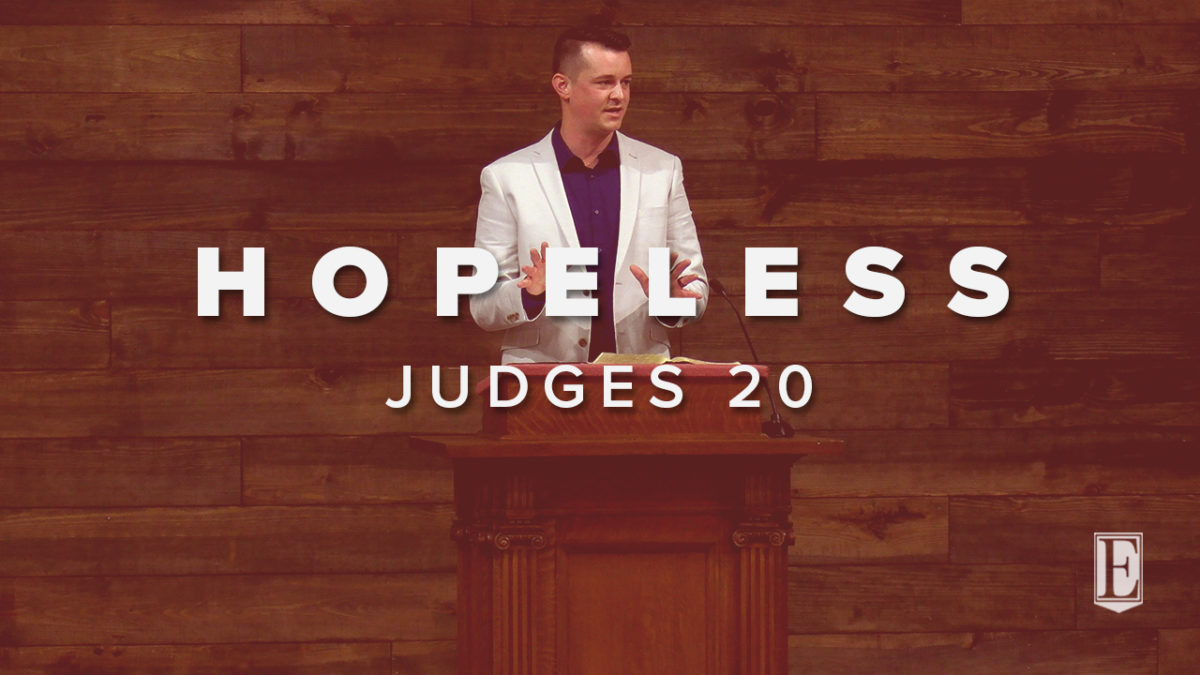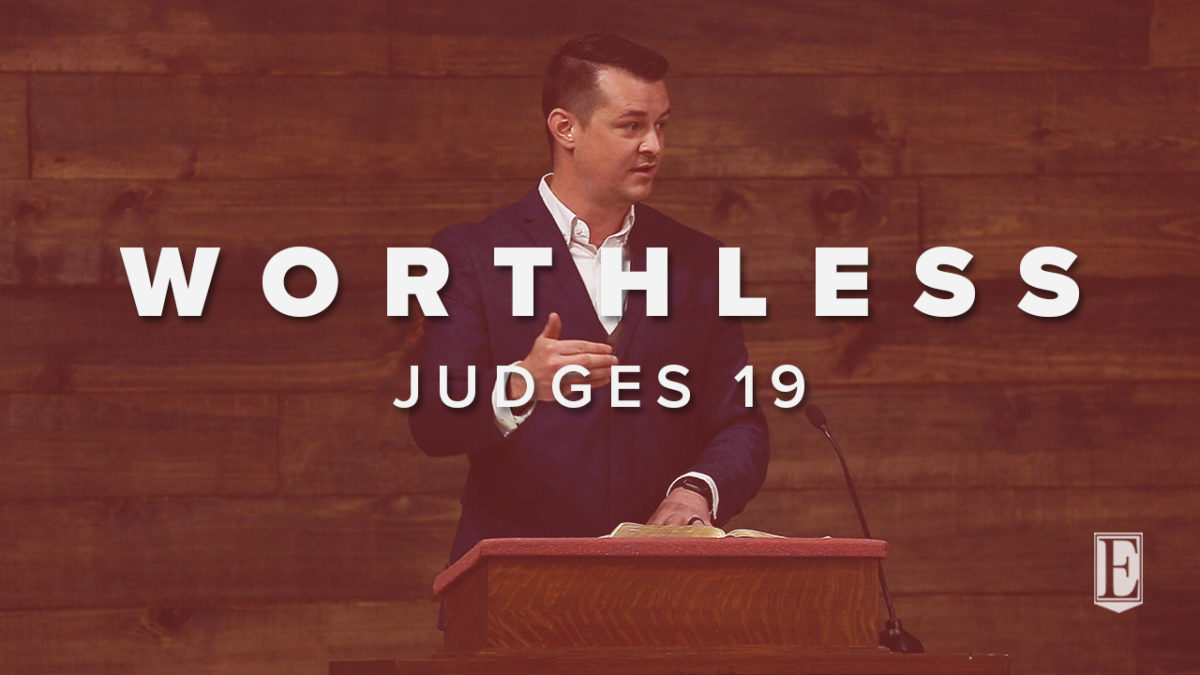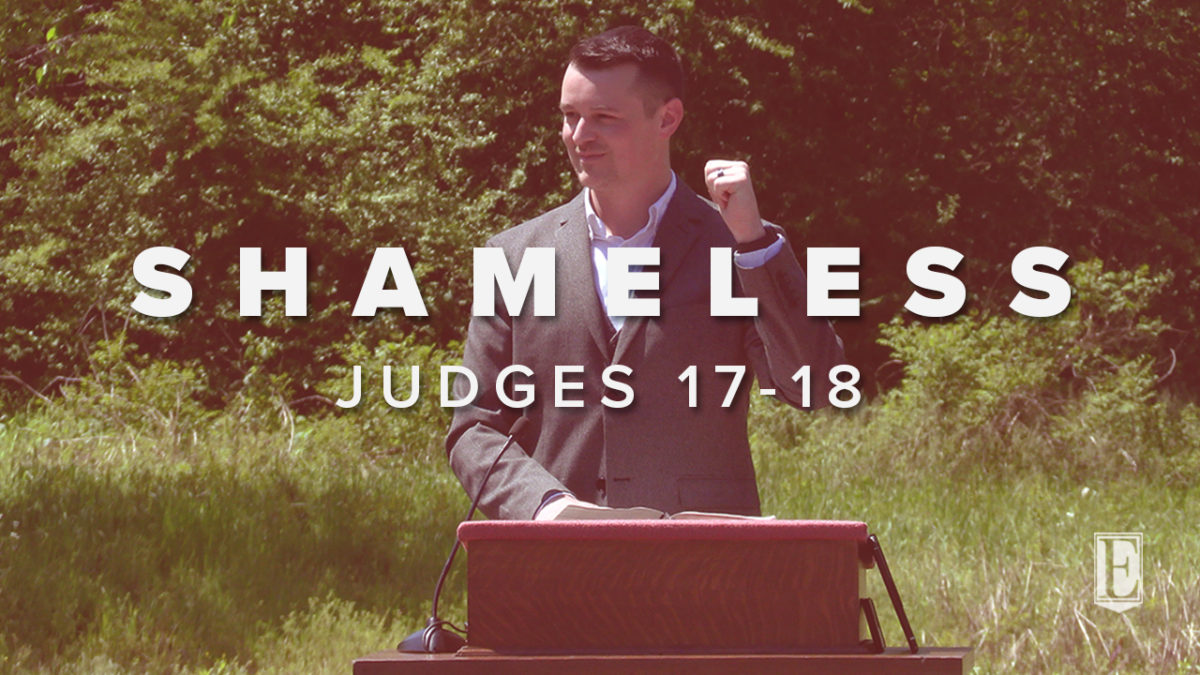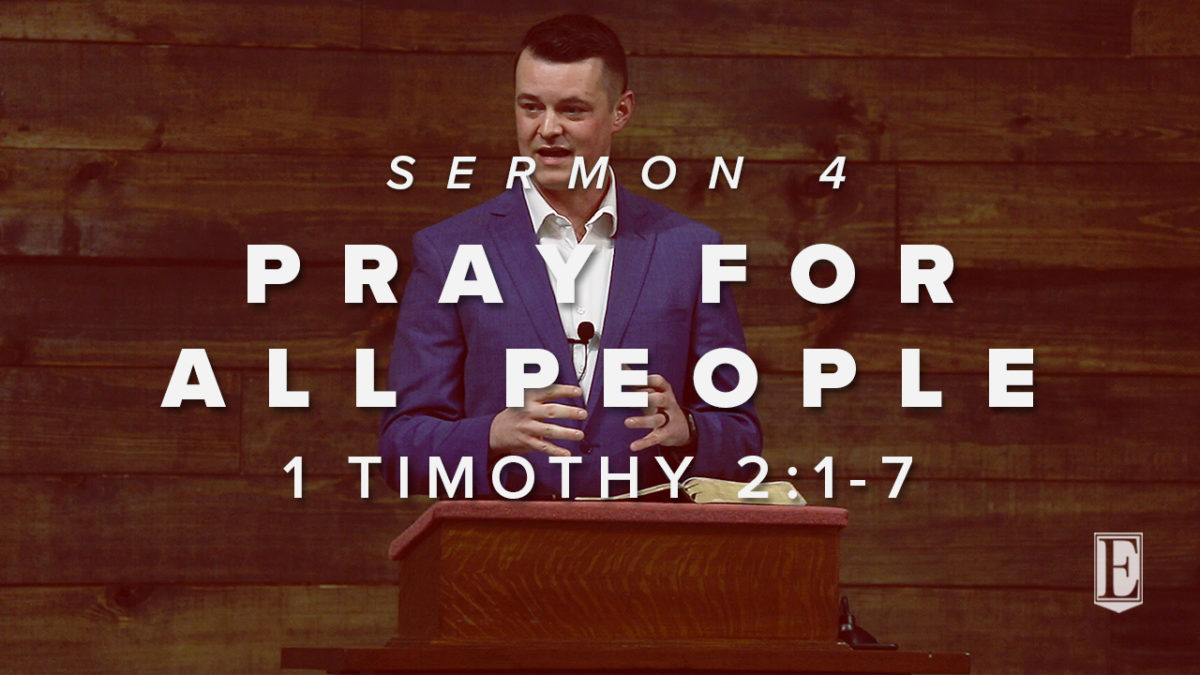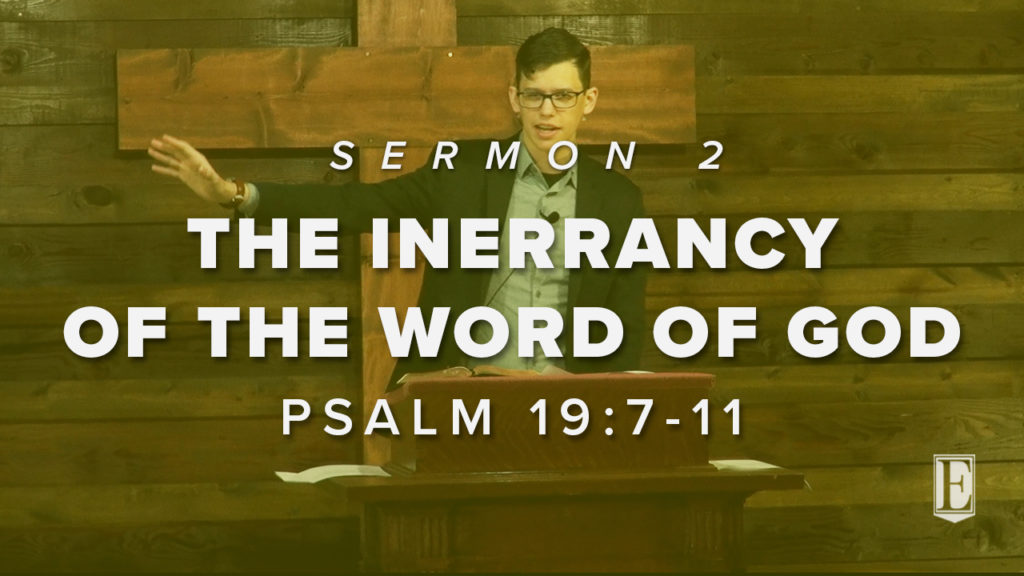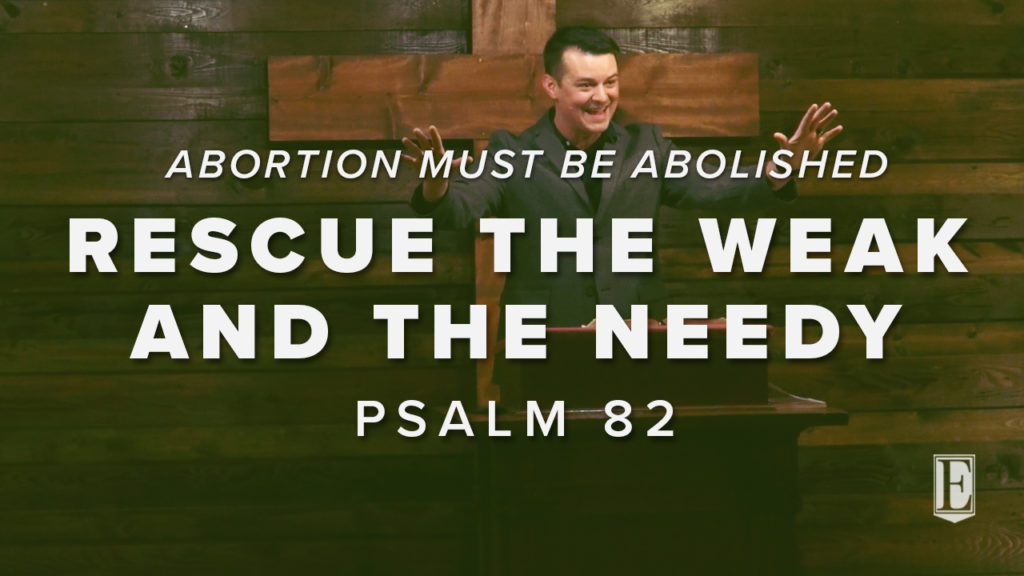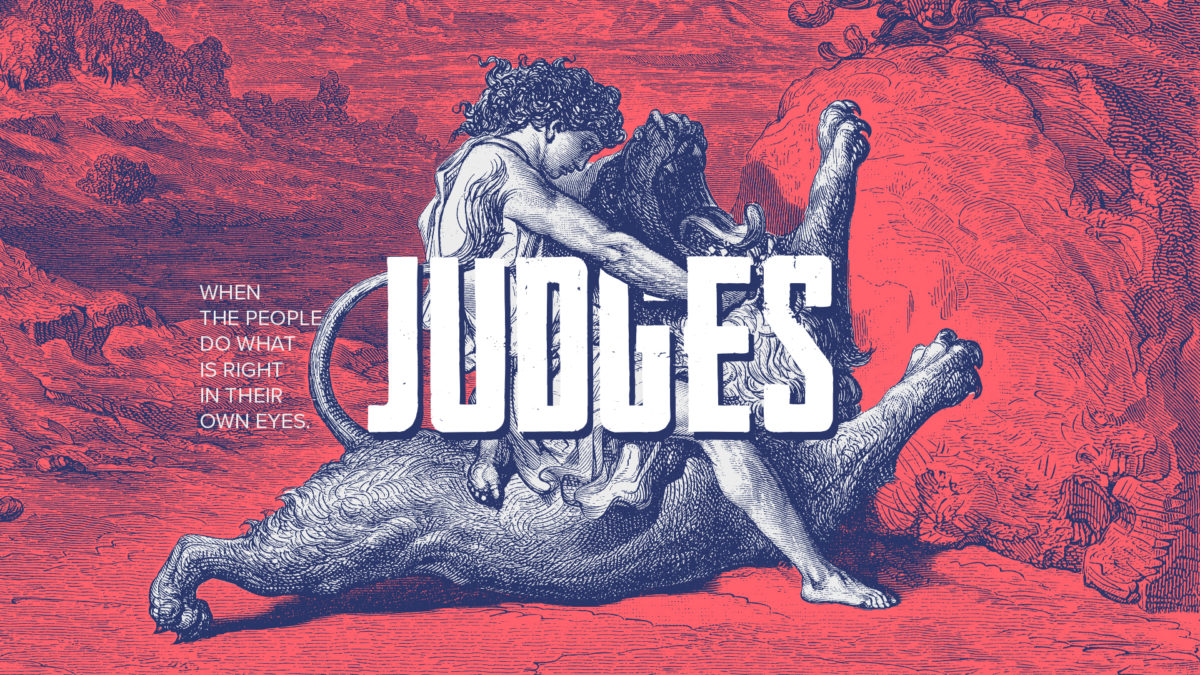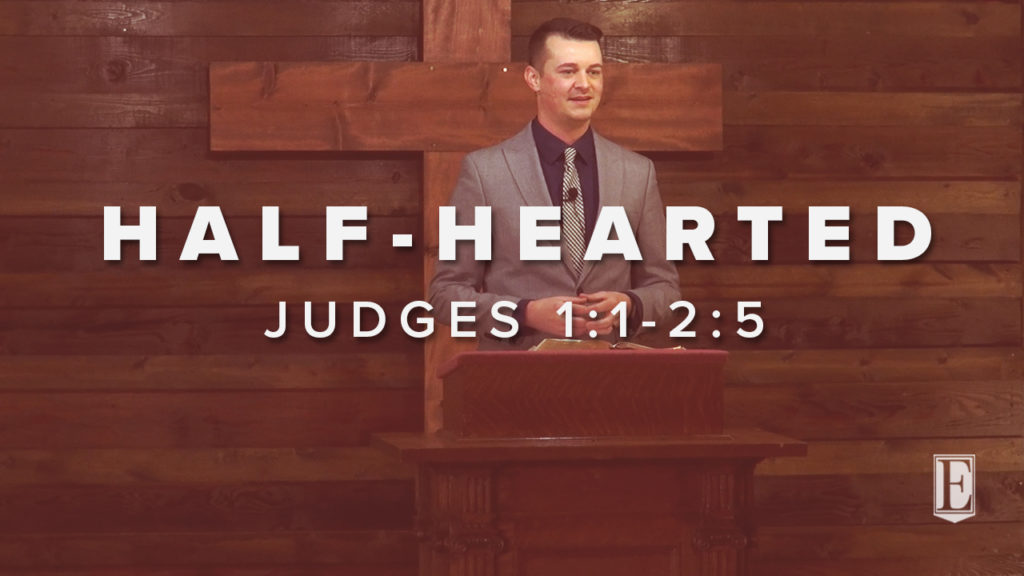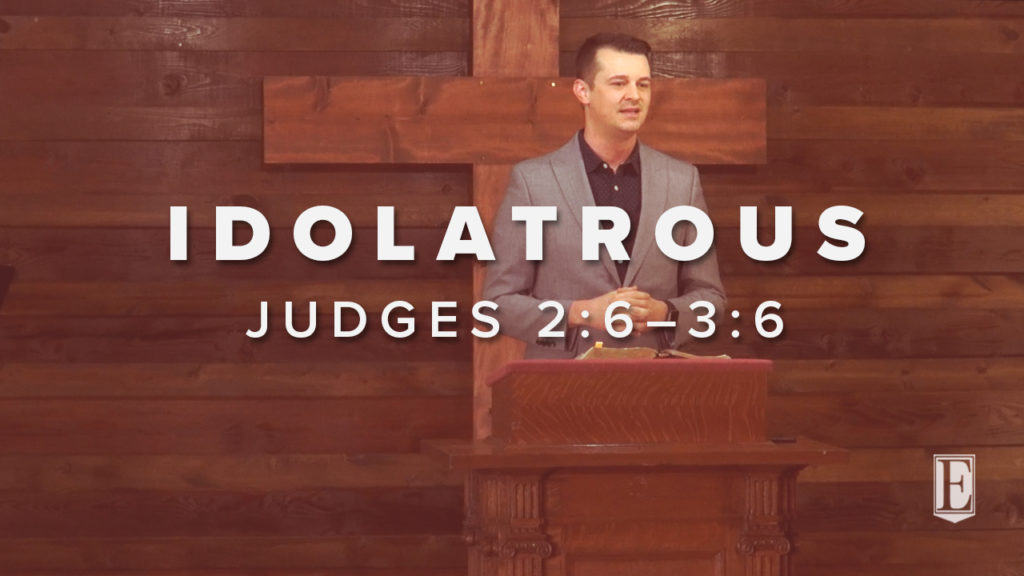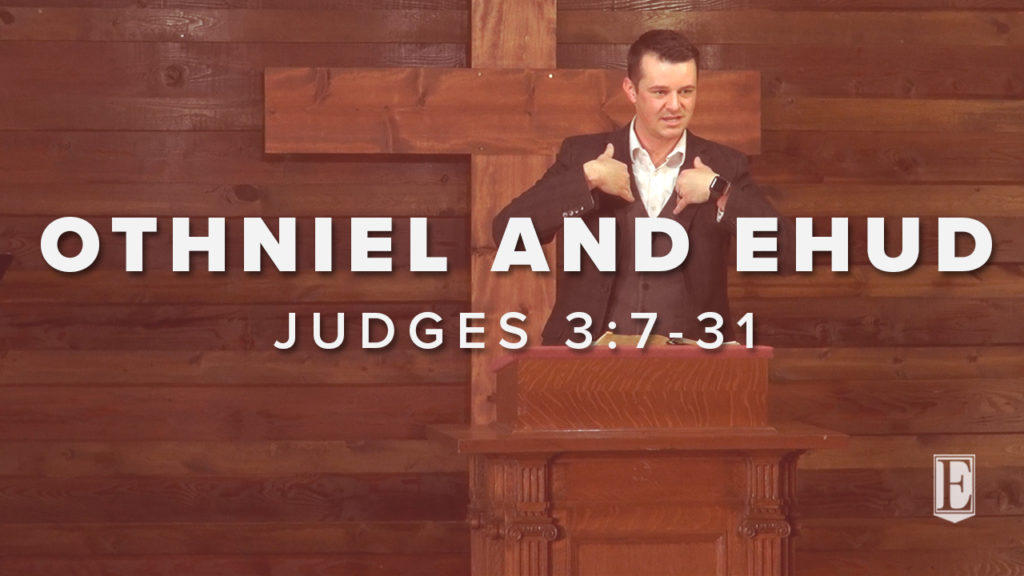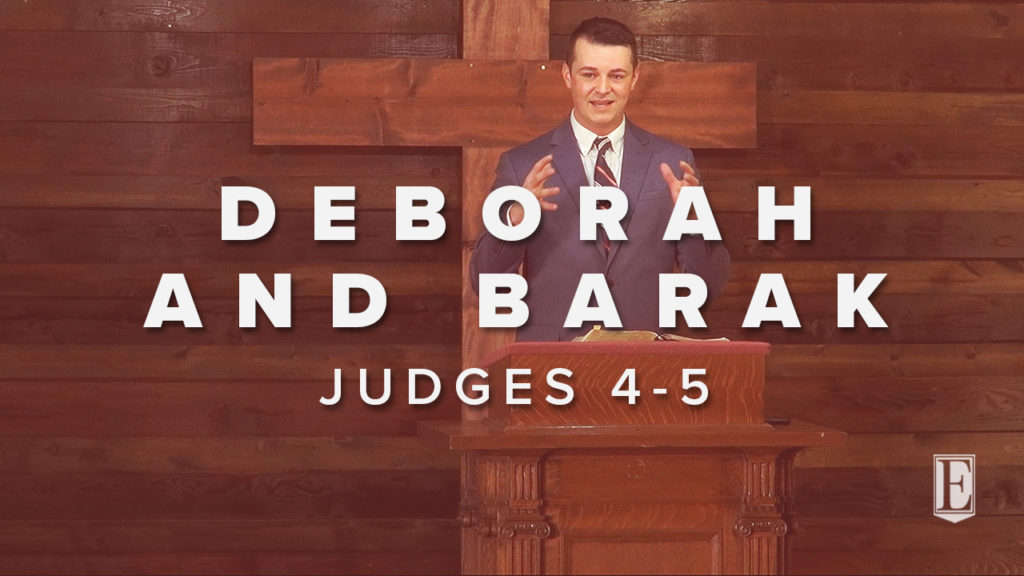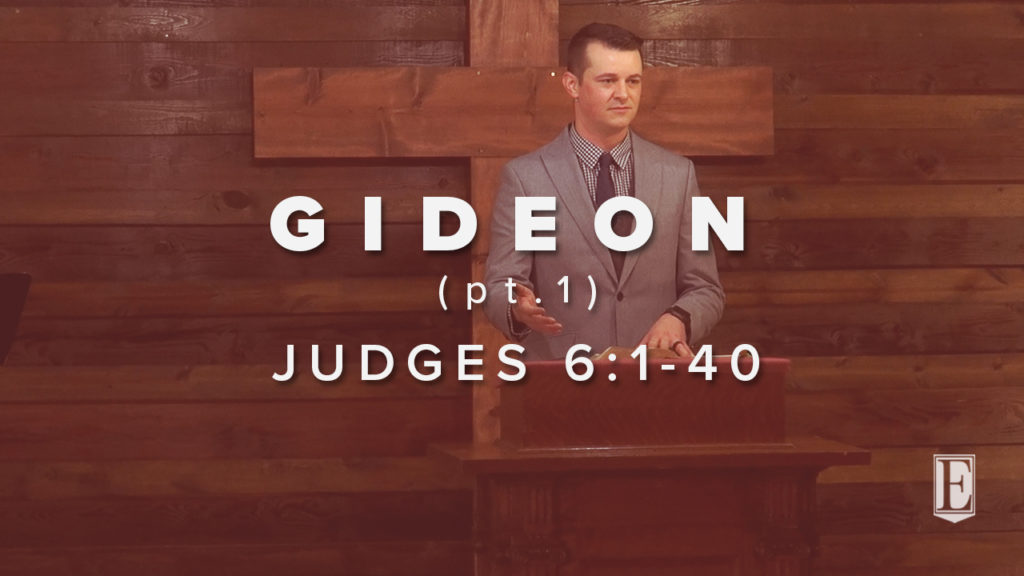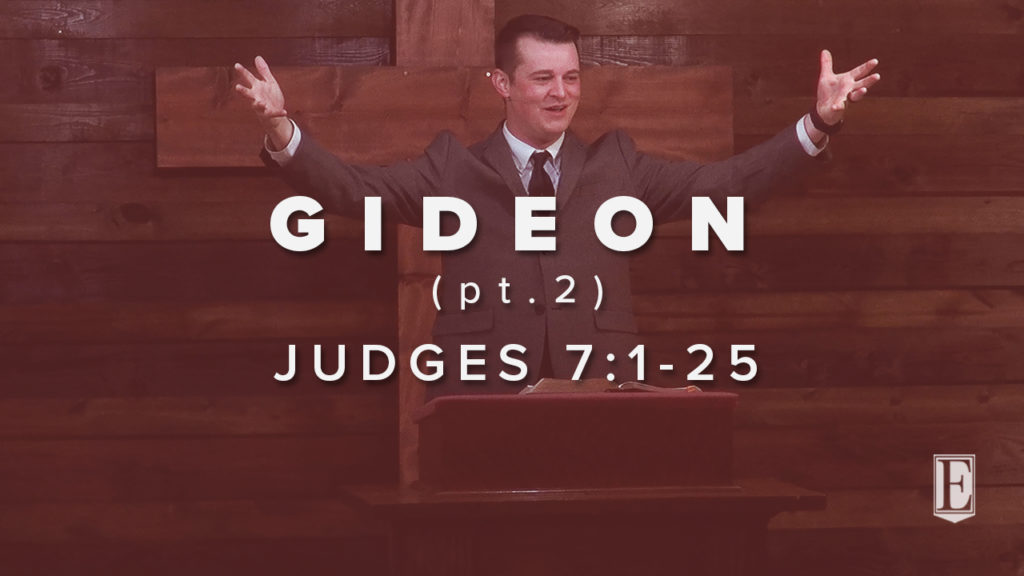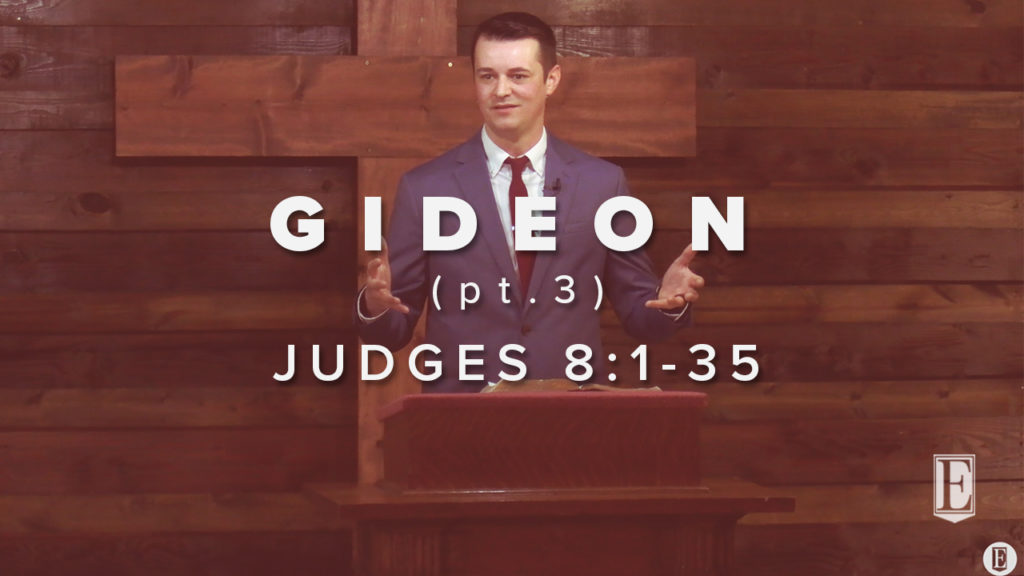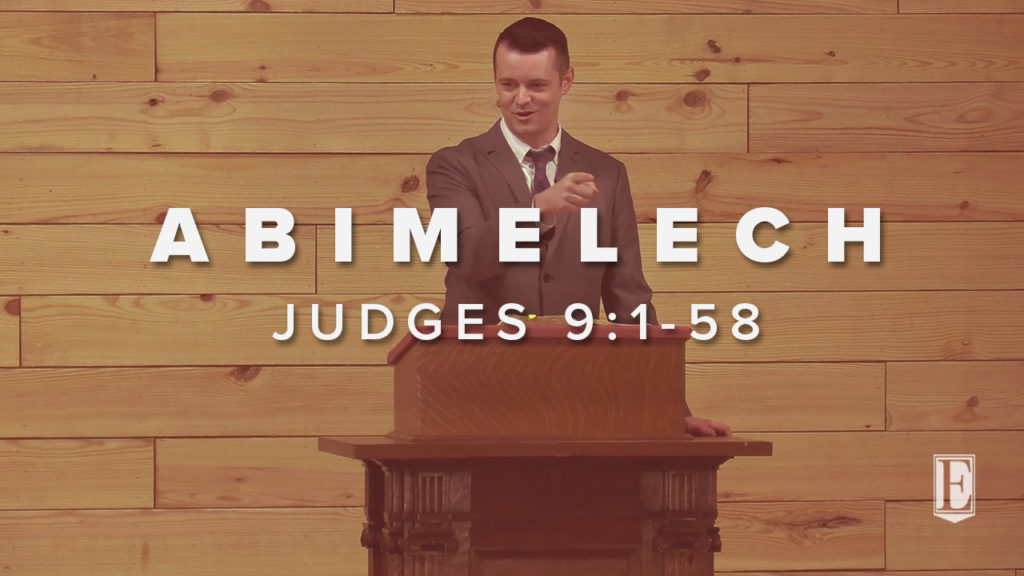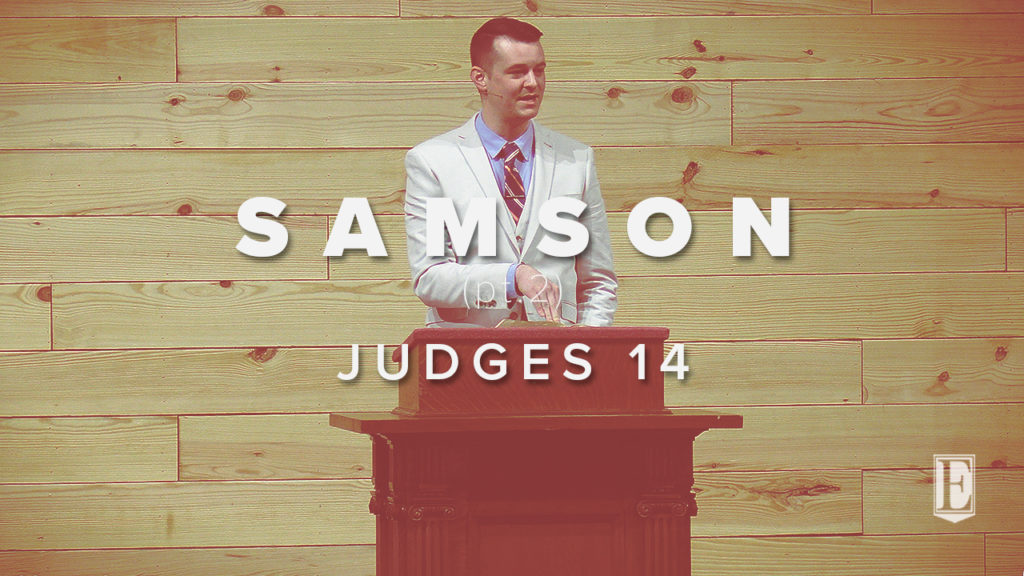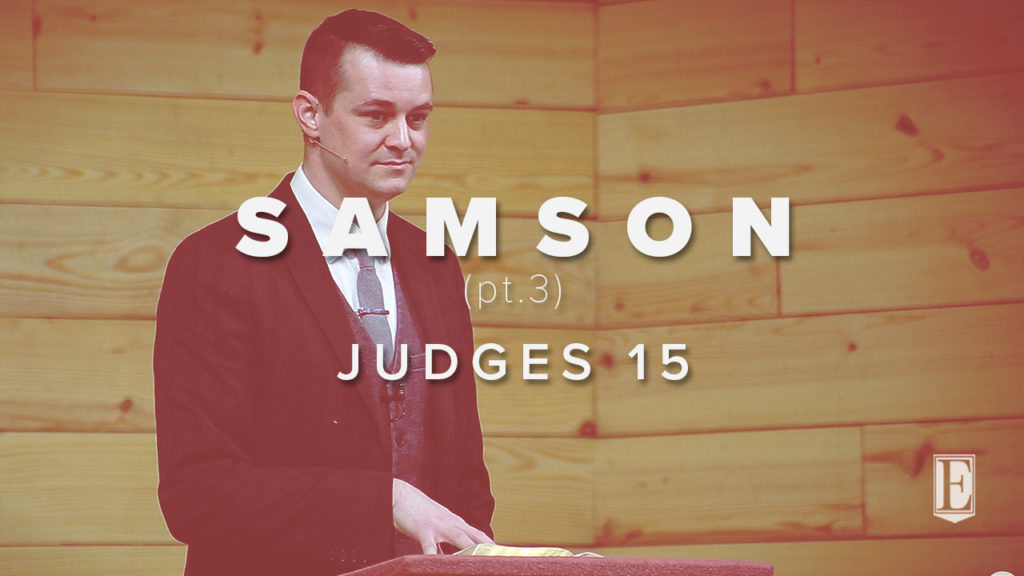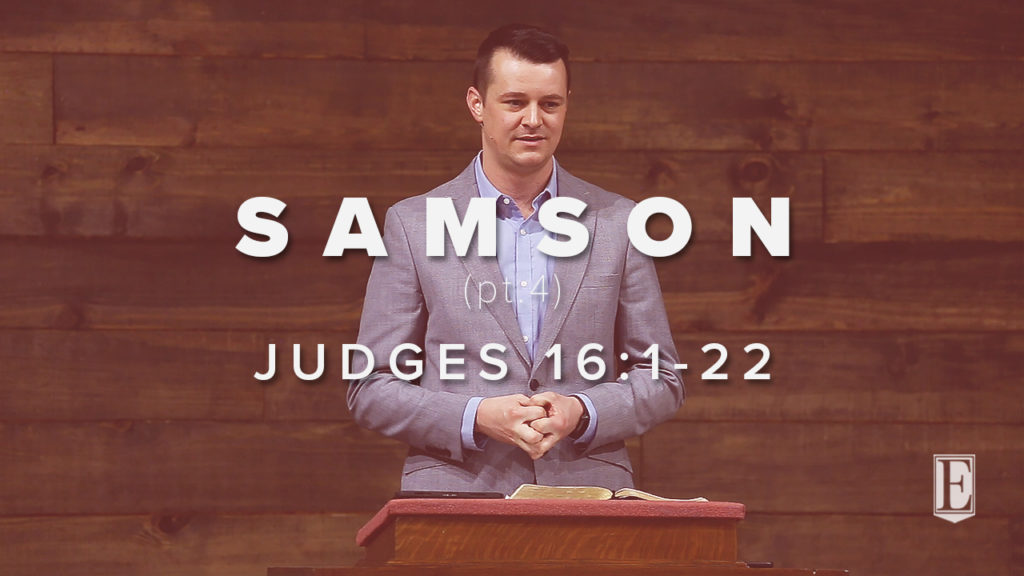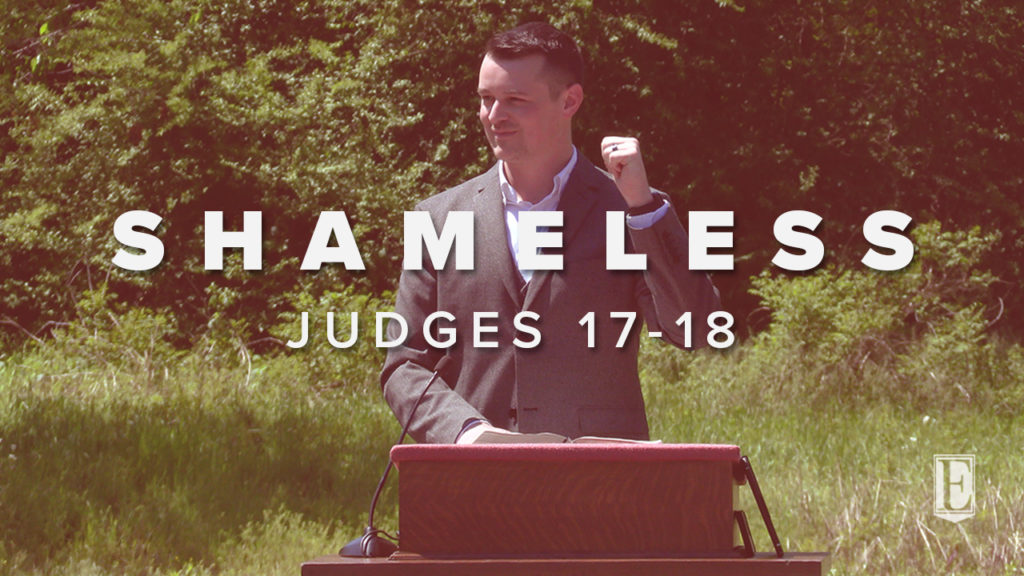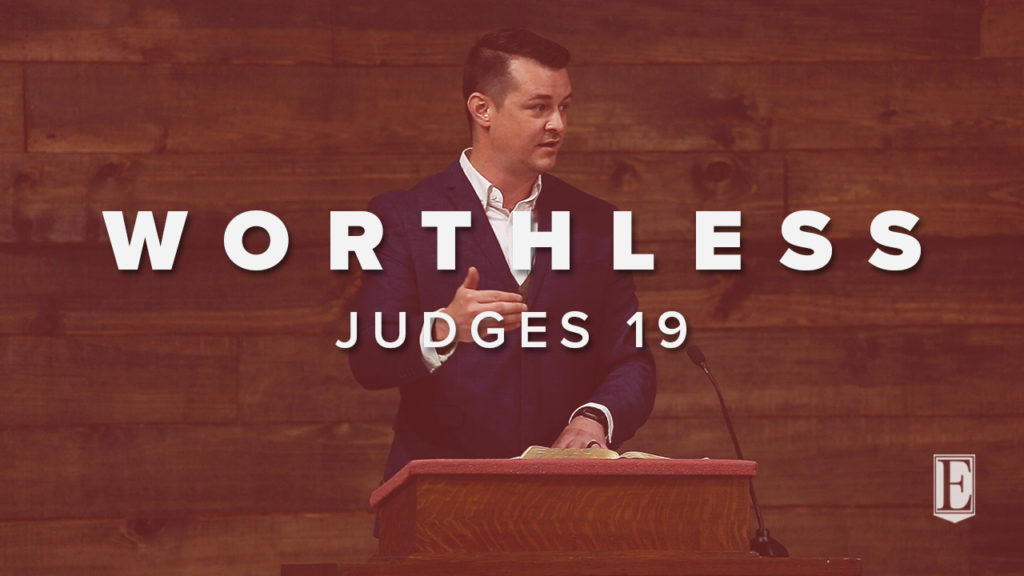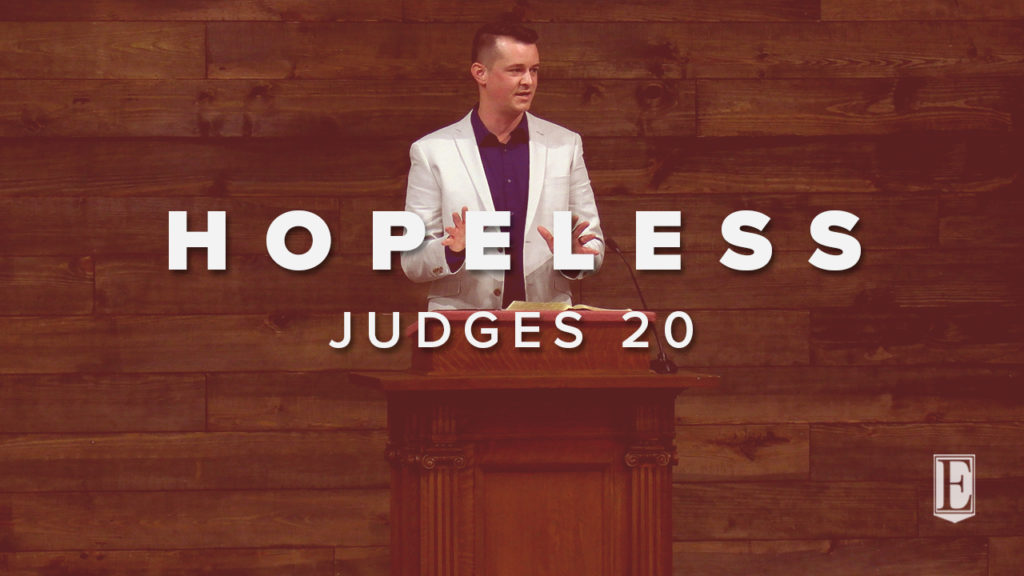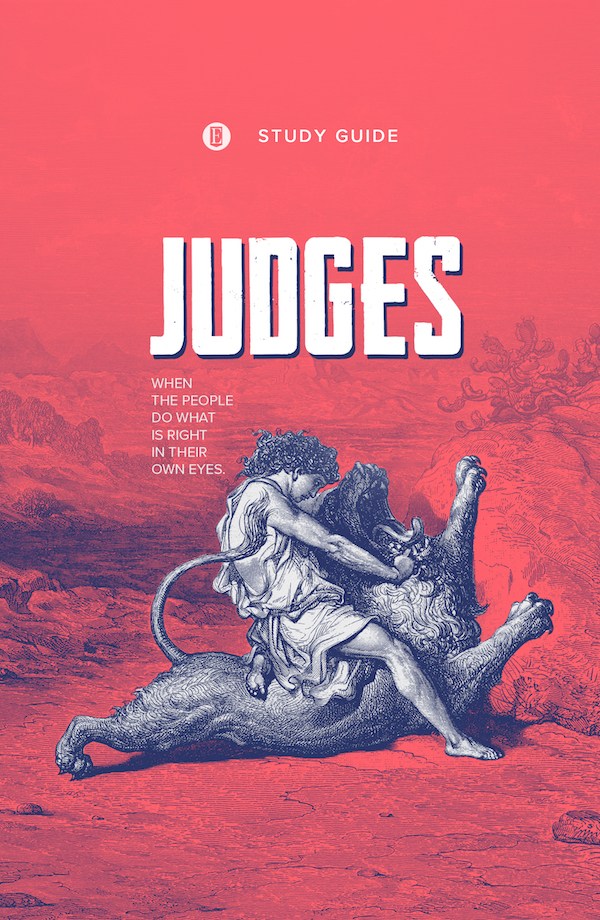A. God is the first and best of beings.
Q. WHY DOES THE CATECHISM BEGIN HERE, WITH GOD CLARIFIED AS THE FIRST AND BEST OF BEINGS?
I. WE MUST BEGIN WHERE THE BIBLE BEGINS
GENESIS 1:1 “In the beginning God created the heavens and the earth.”
II. WE MUST BEGIN WHERE TRUE WISDOM BEGINS
PROVERBS 1:7 “The fear of the LORD is the beginning of knowledge; fools despise wisdom and instruction.”
PROVERBS 9:7 “The fear of the LORD is the beginning of wisdom, and the knowledge of the Holy One is insight.”
PSALM 111:10 “The fear of the LORD is the beginning of wisdom; all those who practice it have a good understanding. His praise endures forever!”
Stories are best begun in the beginning or confusion will abound. Foundations are best laid on the ground or everything will fall apart. So it is when we are seeking to be grounded in the faith—we must begin with God or confusion and crumbling may surely follow us all the days of our life.
Q. What is God? A. God is the Creator and Sustainer of everyone and everything. (New City Catechism Q2)
Q. WHAT DOES IT MEAN THAT GOD IS FIRST?
I. FIRST IN EXISTENCE
GENESIS 1:1 “In the beginning God created the heavens and the earth.”
JOB 38:1-7 1 Then the Lord answered Job out of the whirlwind and said: 2 “Who is this that darkens counsel by words without knowledge? 3 Dress for action like a man; I will question you, and you make it known to me. 4 “Where were you when I laid the foundation of the earth? Tell me, if you have understanding. 5 Who determined its measurements—surely you know! Or who stretched the line upon it? 6 On what were its bases sunk, or who laid its cornerstone, 7 when the morning stars sang together and all the sons of God shouted for joy?
PSALM 90:2 “Before the mountains were brought forth, or ever you had formed the earth and the world, from everlasting to everlasting you are God.”
COLOSSIANS 1:16-17 “16 For by him all things were created, in heaven and on earth, visible and invisible, whether thrones or dominions or rulers or authorities—all things were created through him and for him. 17 And he is before all things, and in him all things hold together.”
REVELATION 22:13 “I am the Alpha and the Omega, the first and the last, the beginning and the end.”
II. FIRST IN EMINENCE
PSALM 97:9 “For you, O Lord, are most high over all the earth; you are exalted far above all gods.”
COLOSSIANS 1:18 “And he is the head of the body, the church. He is the beginning, the firstborn from the dead, that in everything he might be preeminent.”
See the sad state of all who do not honor God, the first and best of beings.
ROMANS 1:21-23 21 For although they knew God, they did not honor him as God or give thanks to him, but they became futile in their thinking, and their foolish hearts were darkened. 22 Claiming to be wise, they became fools, 23 and exchanged the glory of the immortal God for images resembling mortal man and birds and animals and creeping things
ISAIAH 44:9-11 9 All who fashion idols are nothing, and the things they delight in do not profit. Their witnesses neither see nor know, that they may be put to shame. 10 Who fashions a god or casts an idol that is profitable for nothing? 11 Behold, all his companions shall be put to shame, and the craftsmen are only human. Let them all assemble, let them stand forth. They shall be terrified; they shall be put to shame together.
Q. WHAT DOES IT MEAN THAT GOD IS BEST?
I. BEST IN GLORY AND GOODNESS
PSALM 8 O Lord, our Lord,
how majestic is your name in all the earth!
You have set your glory above the heavens.
2 Out of the mouth of babies and infants,
you have established strength because of your foes,
to still the enemy and the avenger.
3 When I look at your heavens, the work of your fingers,
the moon and the stars, which you have set in place,
4 what is man that you are mindful of him,
and the son of man that you care for him?
5 Yet you have made him a little lower than the heavenly beings
and crowned him with glory and honor.
6 You have given him dominion over the works of your hands;
you have put all things under his feet,
7 all sheep and oxen,
and also the beasts of the field,
8 the birds of the heavens, and the fish of the sea,
whatever passes along the paths of the seas.
9 O Lord, our Lord,
how majestic is your name in all the earth!
See the happy state of all who are reconciled to God by His Son Jesus Christ!
The first and best of beings—Jesus Christ our Lord—was made a little lower than the angels. He debased himself in order to Redeem His bride.
On the cross, the first and best of beings was treated like the last and worst of beings. Why? So that you could be cleansed of your filthy sin and clothed in the pure white robes of Christ.
HEBREWS 2:9-11 9 But we see him who for a little while was made lower than the angels, namely Jesus, crowned with glory and honor because of the suffering of death, so that by the grace of God he might taste death for everyone. 10 For it was fitting that he, for whom and by whom all things exist, in bringing many sons to glory, should make the founder of their salvation perfect through suffering. 11 For he who sanctifies and those who are sanctified all have one source. That is why he is not ashamed to call them brothers.
BENJAMIN KEACH (1640-1704)
Originally from Buckinghamshire, Keach worked as a tailor during his early years. He was baptized at the age of 15 and began preaching at 18. He was the minister of the congregation at Winslow before moving in 1668 to the church at Horsleydown (Horse-lie-down), Southwark where he remained for 36 years as pastor (1668-1704). This congregation later became the New Park Street Church and then moved to the Metropolitan Tabernacle under the pastorship of Charles Spurgeon. Keach’s catechism was first published in 1693.
For a brief biography of Keach, see http://baptisthistoryhomepage.com/keach.benjamin.tbe.html
For easy access to a digital copy of The Baptist Catechism, see http://www.ekklesiamuskogee.church/the-baptist-catechism/
To purchase a hard copy of The Baptist Catechism, see https://www.amazon.com/1689-Baptist-Confession-Faith-Catechism/dp/1599253771/ref=sr_1_2?dchild=1&keywords=The+Baptist+Catechism&qid=1590608161&sr=8-2
HERCULES COLLINS (1646/7-1702)
For a brief biography of Collins, see https://founders.org/2012/07/12/baptists-and-1662-the-persecution-of-john-norcott-and-hercules-collins/
To purchase a hard copy of An Orthodox Catechism, see https://www.amazon.com/Orthodox-Catechism-Hercules-Collins/dp/0980217911/ref=tmm_pap_swatch_0?_encoding=UTF8&qid=1590608349&sr=8-1
For easy access to as digital copy of An Orthodox Catechism, see https://www.thecalvinist.net/etc/1680%20Orthodox%20Catechism%20(Hercules%20Collins).pdf
